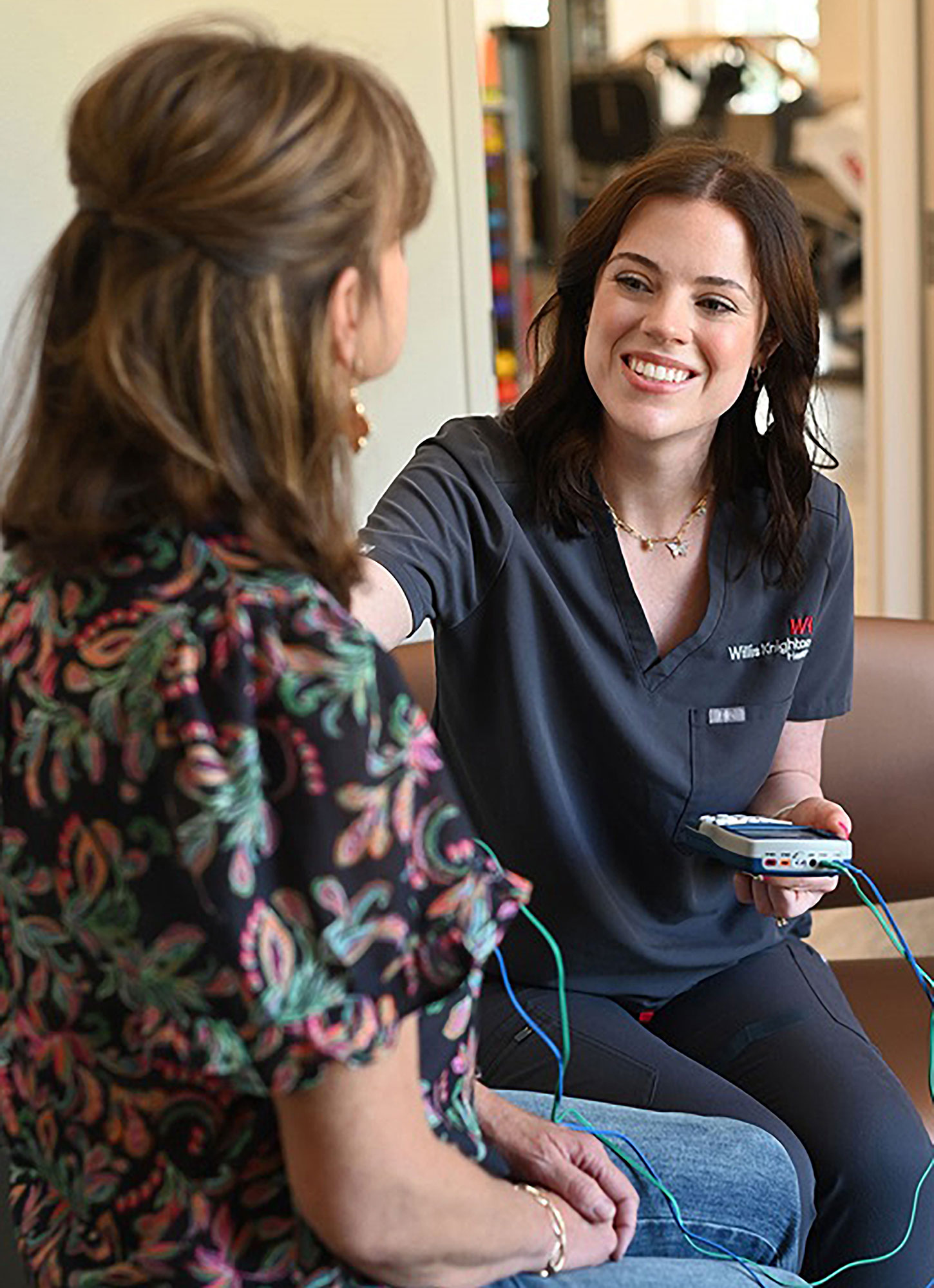Pediatrics
- Adjusting to Parenthood
- Allergy Shots
- Ambulance, Emergency Room or Urgent Care?
- Antenatal Corticosteroids
- Aortic Coarctation Balloon Angioplasty
- Avoiding Lead Exposure
- Avoiding The Common Cold
- Bonding With Your Baby
- Bottle Feeding
- Breastfeeding Benefits
- Car Seat Safety
- Caring for Your Newborn
- Chickenpox (Varicella) Vaccine
- Choking Prevention (Babies and Children)
- Choosing a Pediatrician
- Circumcision (Male, Newborn)
- Cord Blood Banking
- CT Scan (Computed Tomography; CAT Scan)
- Does My Child Need an Antibiotic?
- Ear Tube Surgery (Myringotomy)
- Encouraging Language Development in Your Child
- Going Back to Work After Childbirth
- Helping Your Child Sleep Well
- Helping Your Child Stay at a Healthy Weight
- Hepatitis A Vaccine
- Hepatitis B Vaccine
- Hib Vaccine (Haemophilus Influenzae Type B Vaccine)
- Influenza (Flu) Vaccine
- Is My Baby Getting Enough Breastmilk?
- Is Your Home Safe for Children?
- Keeping Your Baby Safe From Germs
- Managing Type 1 Diabetes in Children and Teens
- Metabolic Monitoring for Kids Who Take Antipsychotic Drugs
- MMR (Measles, Mumps and Rubella) Vaccine
- MRI (Magnetic Resonance Imaging)
- My Baby Needs Surgery
- PET Scan (Positron Emission Tomography)
- Pneumococcal Conjugate Vaccine (PCV13)
- Polio Vaccine
- Preparing for Emergencies (a Guide for Parents and Caregivers)
- Preparing Your Child for a Blood Test
- Preparing Your Child for a CT Scan
- Preparing Your Child for a Hospital Stay
- Preparing Your Child for a New Baby
- Preparing Your Child for an MRI
- Psychosocial Care for Your Child
- Screen Time and Children
- Should I Give My Child Medicine for a Cough or Cold?
- Sick Days and Children (a Guide for Parents and Caregivers)
- Sports Physical Exam
- Strep Throat Test
- Substance Abuse Treatment (a Guide for Teens)
- Substance Abuse Treatment for Your Teen (a Guide for Parents)
- Surgical Repair of Coarctation of the Aorta
- Taking Your Baby's Temperature
- Talking to Kids About Breast Cancer
- Talking to Kids About Death
- The Importance of Hand Washing
- Tonsillectomy
- Traveling With Children
- Vaccines
- Well-Child Doctor Visits
- What Does a Pediatrician Do?
- Why Children Need to Wash Their Hands










